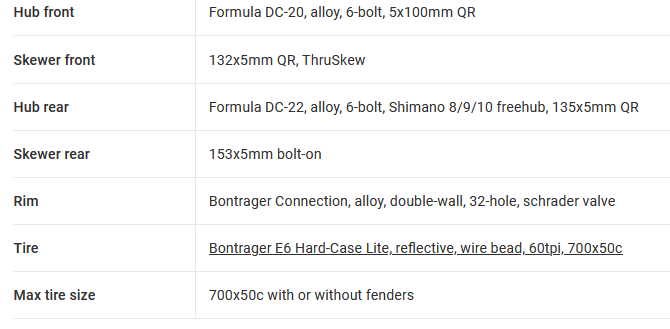Most spoke breakages are failures from fatigue that occur due to small (microscopic) areas in the spoke operating beyond their fatigue limit as a result of residual stress areas in the spoke. These stresses are leftover from the spoke manufacturing and wheelbuilding processes. Good wheels have had various means taken to eliminate these built-in stresses, and will never or rarely break spokes in fatigue.
The use case here is high-mileage and is proving able to expose faults in the quality of the wheels. It is unfortunate and frustrating but there's no getting away from it. There is one solution and that's to start over again with new spokes and a quality build. Getting them hand built by a good wheel builder is typically the most expedient way of getting a guarantee of reliability; there are off-the-shelf sets that are also quality but going that route is the same kind of crap shoot that got you here, especially when you need something from the heavy-duty utilitarian categories as opposed to sport/performance.
Do not make any attempt to re-use any of the existing spokes. They should be presumed unreliable due to fatigue incurred.
It is not true that the rider's choices, style, or habits cause this issue. The spokes in properly built wheels operate well under their fatigue limit and, in terms of resisting fatigue, can stand up to very hard or abusive riding.
Rim choice dictates how effectively loads are shared between spokes and so it does have the potential to exacerbate the problem. The stiffer the rim, the more effectively compressive loads are shared between spokes. Because rim strength influences the severity of the load per cycle on individual spokes, it is a factor in whether fatigue breakage will occur. However, when rims are too light or flexible for the application such that this is relevant, you'll tend to encounter other problems first with the rim being prone to damage and/or the wheel not being able to stay in true. The same person building your wheels will be able to make sure the rim is appropriate for the use case. The rim's own resisance to fatigue is very important for a high-mileage working bike, although it is important to understand that they'll all fail someday.
For this bike and usage, it would be best to not go further with the existing rims or hubs, and instead go with an all-new wheelset where everything is chosen for daily high-mileage use. You can get components that will stand up to 14000 mile years, but yours has wheel components that would be more at home on a basic hybrid bike. This is frustrating given the price tag, but almost all of that price goes to the drive system on a bike like this. The actual lost value from needing to replace the wheels is relatively minimal.


